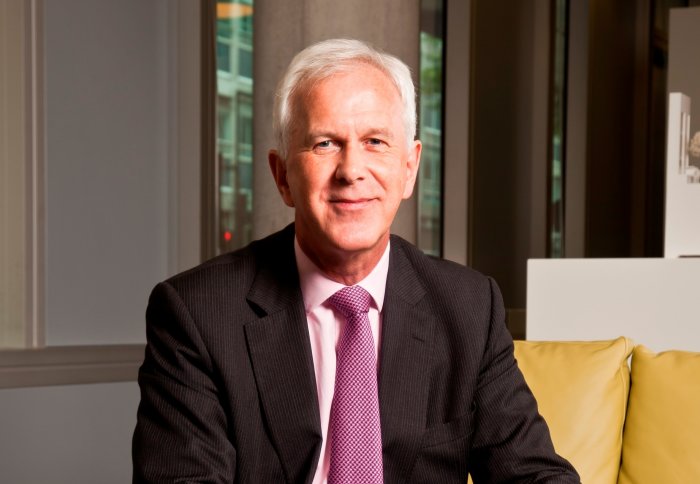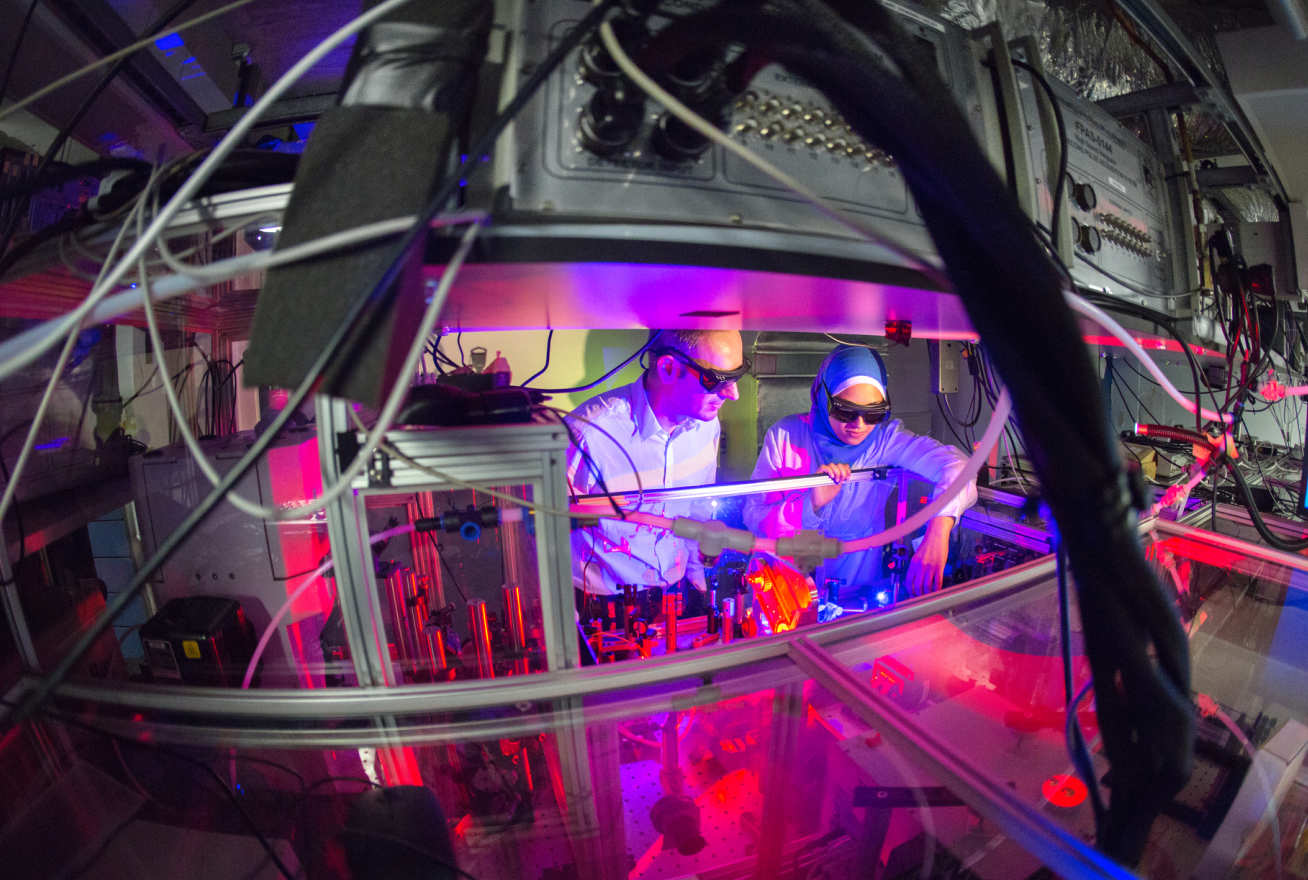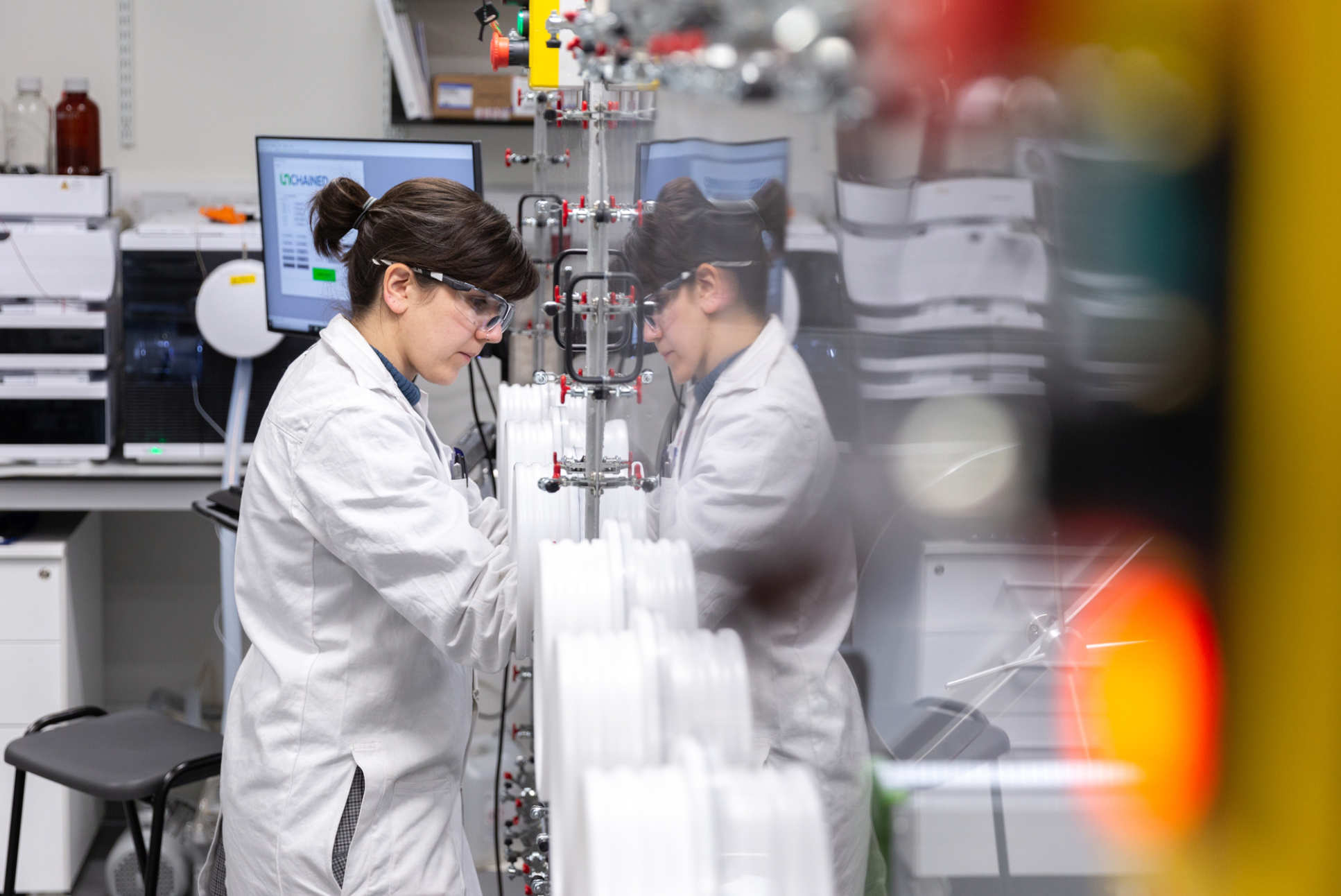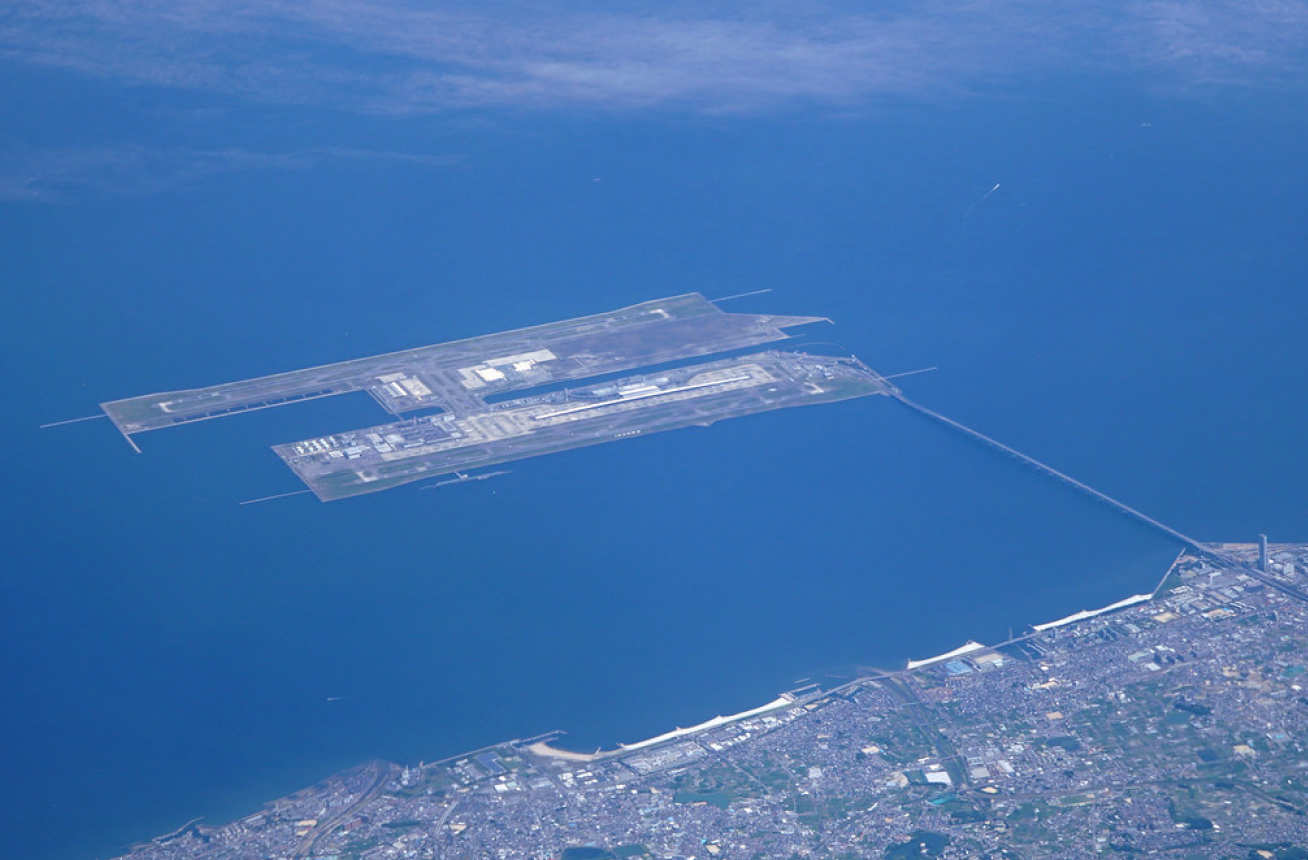Global challenges 'won’t be solved in silos' - Council Chair Sir Philip Dilley

Sir Philip Dilley
Leading engineer and businessman Sir Philip Dilley has reflected on four years as Chair of Imperial’s governing Council.
Imperial has always had world class research and teaching, but what amazes me now is seeing how so much of this activity crosses traditional disciplines. Sir Philip Dilley Chair of Council
Sir Philip, who is the former Executive Chairman of multinational design and engineering firm Arup, joined Imperial’s Council in 2011 and has been Chair since May 2015. He is the first Imperial alumnus to hold the position, having graduated from the College with a First in Civil Engineering in 1976.
The Council is Imperial’s governing and executive body. Its terms of reference include responsibility for the finance, property, investments and general business of the College, and for setting its general strategic direction.
Transcending boundaries

Sir Philip said: “As Chair of Council, I have had the opportunity to see some of the astonishing things going on at Imperial. I’ve toured several of our medical campuses, visited the mosquito lab, and ventured into the sub-basement of physics to see experiments using some of the most powerful lasers in the world. It’s phenomenal to experience all of this first hand.
“Imperial has always had world class research and teaching, but what amazes me now is seeing how so much of this activity crosses traditional disciplines. In the laser lab, for example, medical researchers are using the technology to investigate the way a cancer drug works on tumours. When I was a student the academic departments tended to operate in their own silos so this kind of cross-discipline working would have been rare.
“Multidisciplinary research is crucial if we are to tackle today’s global challenges: Solving the world’s energy needs, tackling food scarcity, ensuring access to clean and safe water, and addressing the environmental impact of climate change will require a truly joined up approach.”

Imperial alumnus
Speaking of his time as an Imperial student, Sir Philip said: “I loved my time in student halls. I had a room in Prince’s Gardens in the vicinity of some of the most expensive real estate in the world. The closest place to buy a loaf of bread was Harrods food hall, so I used to pop in there regularly.”
“There were just seventy undergraduates in my Civil Engineering year, just two of which were women, that feels shocking looking back at that now. We were a close cohort, and very international even back then, albeit different nationalities from today. Sadly, without social media it wasn’t as easy to keep in touch with everyone as it is today so I’m envious of my sons who have friends all over the world from their time at university.”
Career highlights
After graduating, Sir Philip spent most of his engineering career within Arup, where he worked on major projects worldwide and eventually rose to become its Executive Chairman from 2009 to 2014. Under Sir Philip’s leadership, Arup engineered the Shard, transformed Kings Cross, and masterplanned the London 2012 Olympic Site.

The last Arup project on which he worked full time was Kansai International Airport, which he cites as one of the most challenging engineering moments of his career. He said: “It felt like an adventure. The airport was built on an artificial island in Osaka Bay. It is a high seismic region that also suffers from the risk of typhoons and storm surges. In those days though, I believed that my Arup team could solve anything. It never occurred to me that it might be too difficult!”
“I have led smaller projects that I’ve found very personally rewarding too. One example is the conversion of an ancient barn into a swimming pool complete with a thatched roof! That was a gem of a project with a surprising number of technical challenges – but also an opportunity to work very closely with the architect to solve them. Few people will know about it, but I am proud of the result and that’s good enough for me.”
Having completed over eight years on Council, Sir Philip is planning to step down from the role at the end of this year.
Article text (excluding photos or graphics) © Imperial College London.
Photos and graphics subject to third party copyright used with permission or © Imperial College London.
Reporter
Deborah Evanson
Communications Division